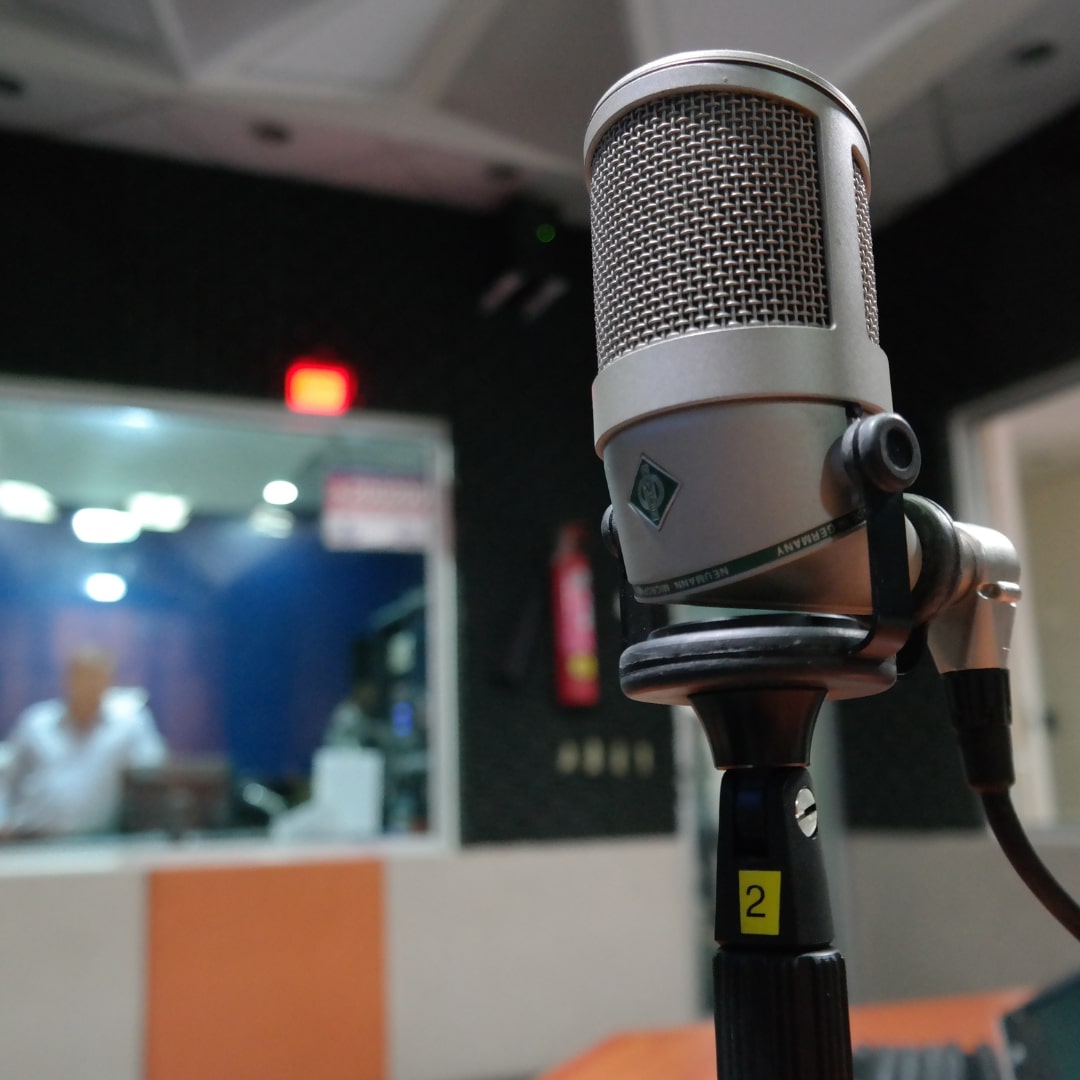Post-remediation verification (PRV) inspection report following second floor leak and timely response and drying. After a successful PRV visual/olfactory inspection and normal spore trap sampling, NES‘s method of paired spore trap sampling (quiet/fan-disturbed) revealed significant Condition 2, settled spore contamination at most locations – hence PRV failure . This finding lead to a follow-on Scope of Work (SOW) to address the Settled Spore Contamination in the second round of remediation:
Report for sellers who wanted a professional mold/moisture inspection after a home inspection with no mold training or credentials had raised cold concerns.
WEB-Pre-sale-Mold-Moisture-Inspection.RPT_
A home inspection indicated concerns regarding dark staining in roof sheathing. NES was retained to provide a professional perspective.
Report from a house that had limited visible mold growth but did have extensive soot contamination:
Report from a simple mold/moisture inspection:
NES1-Simple-inspection-with-suggestions
Following a leak from a washer in a second floor apartment, the parents of the tenant below the leak requested an inspection and sampling above the ceiling to determine if mold growth had developed. A Scope of Work (SOW) resulted.
WEB-Moisture-Inspection-+-Ceiling-Cavity-Samplng.RPT_
A church building that had been unused for a few years needed a pre-purchase inspection to address mold problems and address issues found in a Scope of Work (SOW)
WEB-MMI+SOW-church-basement.RPT_
Report from a house where a hot water leak had heavily impacted a basement and first floor. NES had carried out an initial inspection and baseline sampling while preparing a SOW. This report was from the first round of post-remediation verification (PRV) sampling to see if the remediation was successful. [See how data are presented and how pre-post data sets are evaluated.]
Report from a house where a second round of remediation was required and found marginally successful.
[Post-remediation, post-remediation verification]




